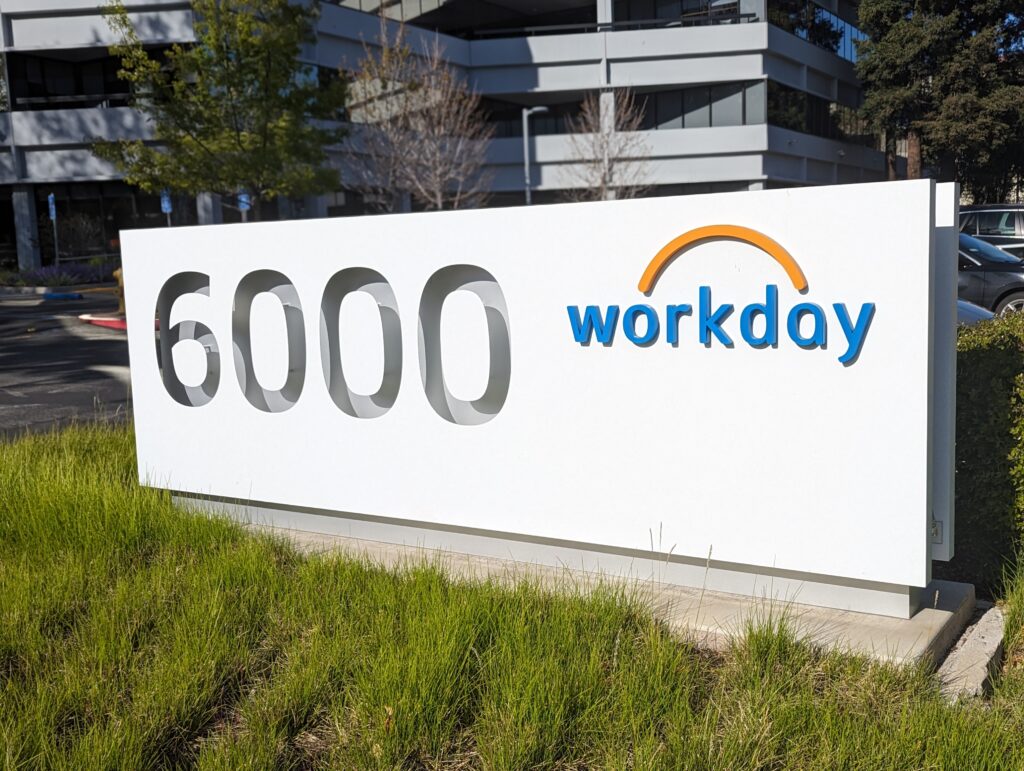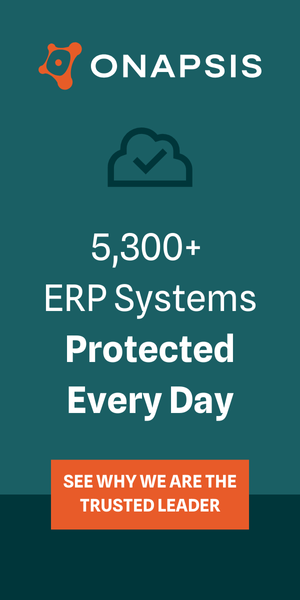Late September saw Gartner host its CFO & Finance Executive Conference in London, where in Westminster’s Park Plaza one could find floor stands and sessions from SAP and Workday with financial heads discussing all things tech, AI and financial related.
ERP Today was there too, up in the upper reaches of the Park Plaza Westminster Bridge hotel in an exclusive chat with Mark D. McDonald, senior director analyst in the Gartner Finance Practice. Based in Cambridge, Massachusetts, McDonald came to London with the day’s headlining prediction from Gartner: 80 percent of large enterprise finance teams will be using internal AI platforms within the next three years.
In other words, expect generative AI platforms trained with proprietary business data to be all the rage by 2026. One could see this as further proof the CFO as we know it is dead, giving way to a more financial-CTO seat in the C-suite. As we explored with SAP CFO Renaud Heyd last year, numerous financial tasks once belonging to the CFO in-tray are already being managed by automation technologies such as RPA.
Before AI and ChatGPT took over the world, Gartner was already claiming that 80 percent of finance leaders had implemented or planned to implement RPA solutions. And while the research giant predicts AI-driven solutions are set to triple value generated from tasks by 2025, McDonald and team also advise CFOs to partner with senior technology leadership to distinguish hype from reality.

“People are going to quickly start recognizing that AI does not magically solve all of our problems,” as McDonald, pictured above, tells us.
CFOs would therefore be unwise to treat AI as either savior or some sentient kind of sci-fi concept. Ideally, finance talents need to stick to their strengths in staying level-headed about AI, remaining both practical about the tech’s benefits and committing only to what the numbers say.
People are going to quickly start recognizing that AI does not magically solve all of our problems.
AI in action
Arguably, a good way to avoid “hype-hypnotization” is by attending conferences of the Gartner sort and hearing how companies and CFOs are currently using AI in the financial space.
A talk between Robynne Sisco, current vice chair and ex-CFO at Workday, and Robert Bloor, financial controller at Equiniti Group, provided some illumination in this regard. The latter spoke about exploring AI to combat cyber threats, an ever-present and pressing threat to financial bodies. Similarly, Sisco spoke about using AI for fraud detection in expense reports, helping auditors detect unusual transactions.
Equiniti also uses native AI in a credit collection platform, pinpointing areas for a “collective effort” to concentrate upon, while Workday tools are used to rate accounts on a risk level, sorting between bounced payments and unusually high or low activity.
“We’ve seen AI subtly, in a non-threatening way, really help us move the business forward,” Bloor told the Gartner crowd, adding also the importance of ensuring AI has clean and complete data to work from.
This ties in with Gartner’s reminder that there can be an inability to determine if an AI algorithm is basing conclusions on the wrong kind of data – think anything inaccurate, trivial or even illegal and unethical.
To this end, human oversight is essential, and CFOs need to work in tandem with corporate support in the forms of legal, HR, security, auditing and more to minimize the risks that GenAI employment brings.
“We still need to keep people in the loop,” McDonald stresses. “We need to make sure that we’re not delegating our financial responsibilities to algorithms.”
This is true in both oversight and deployment. The senior analyst sees GenAI as more of a co-worker than a usurper in the enterprise space, and that financial leaders can treat AI as a direct report. In his view, AI needs to be built so it can not only do what it’s good at, but also show humans why it’s reached certain conclusions and recommended certain actions.
“Let it give us some explanation or evidence, and then as a human, let me take responsibility for approving that (an action) got done. I think that’s the most responsible way of approaching AI in the intermediate term.”
This can be applied to how AI is used for forecasting revenues; McDonald cites AI can be very accurate in this example, but the numbers derived can be “useless” to a CFO unless there is extra context. For financial leaders, there are questions of why the numbers are at a certain level instead of higher or lower. Furthermore, they need to drill down the info into the performance of business units and specific products.
“Then I can see how these numbers fit into a story. You can start to see what’s happening in the real world and changes in your revenue across demographics, countries, products, regions and more.”
Gartner on branding AI
McDonald is also pragmatic about how AI is marketed by vendors both internally and to customers, admitting he’s not a “big fan” of AI being humanized or presented as the “cute” sort of mascots we associate with ERP players like Salesforce, UiPath and more.
“What it does is lead people to believe that the algorithm is a human – it’s not. Human-like, I’ll give it that, but not human.”
What it does is lead people to believe that the algorithm is a human – it’s not.
The Gartner director confesses to not being an expert in how to brand and market GenAI, but says a starting point is in how it’s explained to the enterprise workforce who will be using the tech on a regular basis.
“It’s like, ‘use the algorithm to help you get through this process faster’, or when you finish your final work product, tell us what the algorithm started with. Where did you layer on your human experience? And how did you arrive at your conclusion?”
This, McDonald believes, ensures the crucial financial tenet of transparency, helping everybody in the long-term.
“There might be some day where we have this space-age, scientific future where we don’t feel the need to audit our AI algorithms and we just believe them as they’re always right.
“That future is not here yet, and I don’t think we should wait for that to happen.”
In other words, human CFOs are here to stay – but for them to remain both on the cutting-edge and the straight and narrow, use of GenAI is recommended, as long as it’s used responsibly and rationally.





